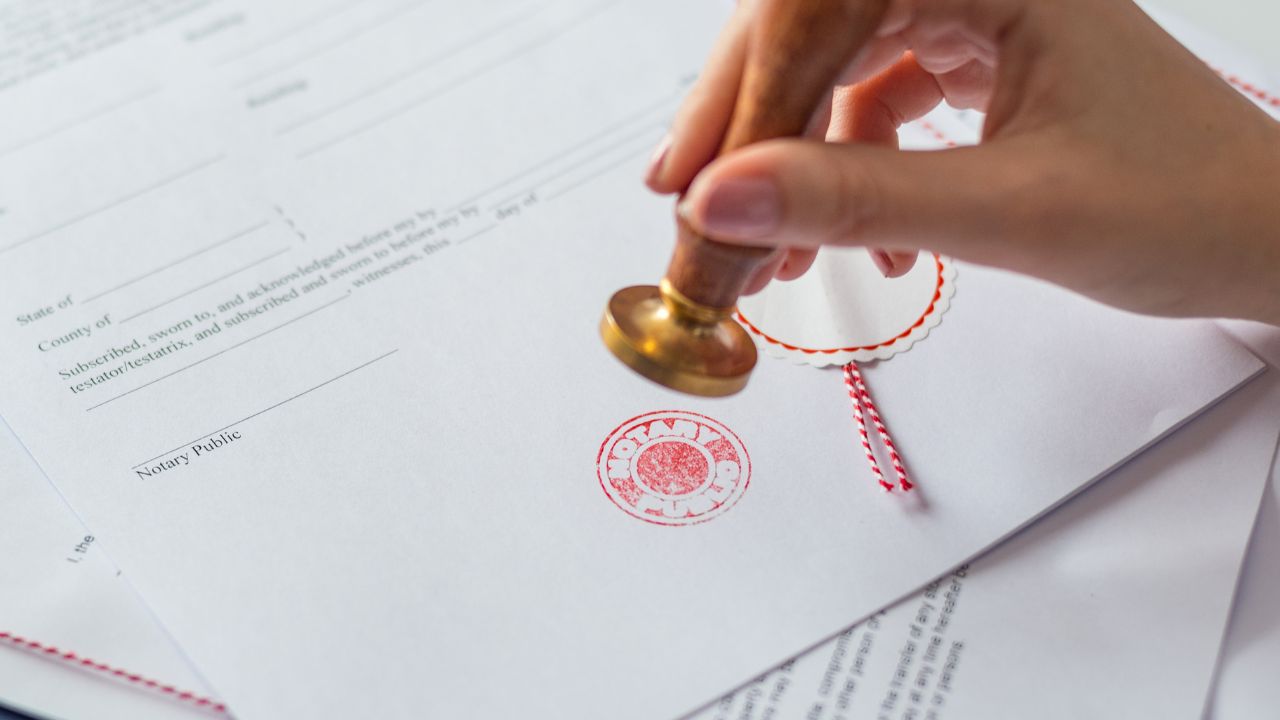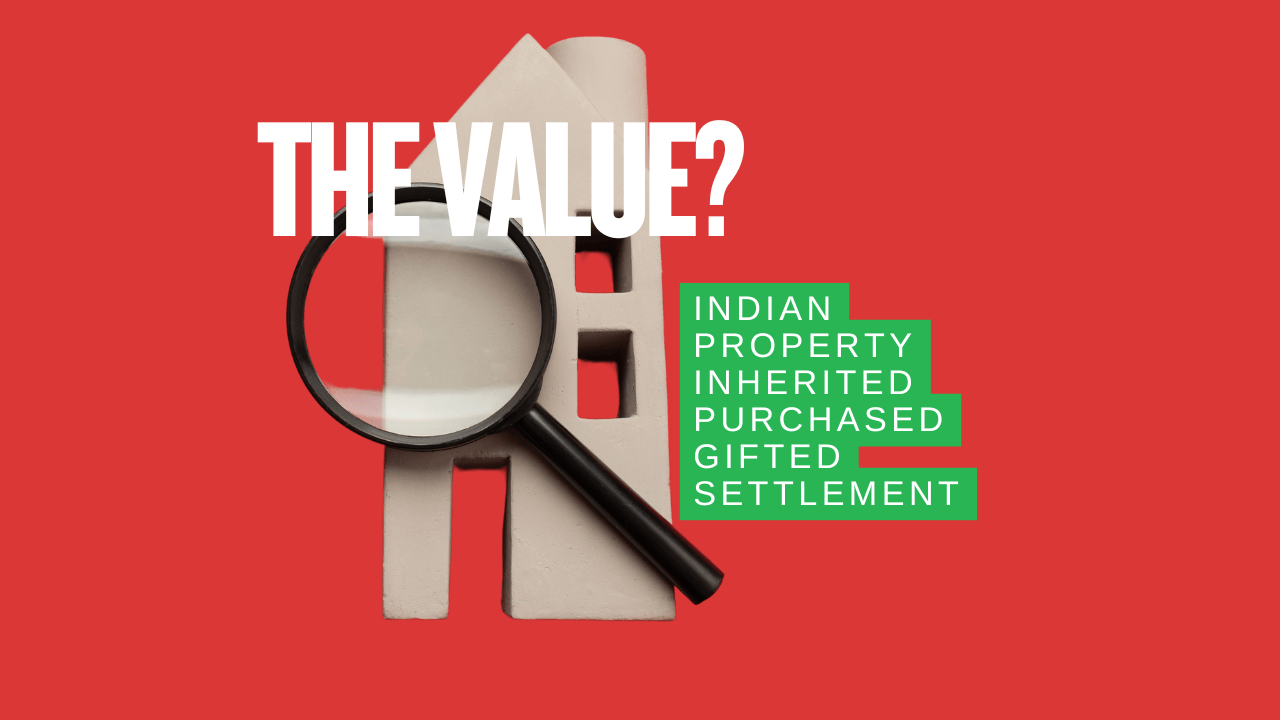In continuation of our previous articles on updating your existing PAN Card, if you have financial matters in India you may already hold a PAN. We discuss the requirements to update PAN Card from Resident to NRI. In addition, whether you fall under the parameters of being an NRI or Foreign Citizen.
Firstly, beginning with three key points of question;
- Is there a difference between the PAN status of a resident, NRI or Foreign Citizen (OCI)?
- Can you update your citizenship status on your PAN from abroad?
- Why should you update your existing PAN if it does not hold an expiry date?
Where your PAN information is incorrect or requires updating and you have not taken the necessary steps to do so, it may cause disruptions to your Indian property/financial activities. This can negatively influence time in process and associated costs.
In the same manner, despite your PAN not specifying an expiry date, you may need to have your information updated.
1. Difference in Citizenship – Update PAN Card
There is a difference between the associated details of a resident, NRI and Foreign Citizen in PAN. The key difference being the status of citizenship and country of main residence. In order to understand this clearly, the table below describes the key differences between the three terms.
| PAN for a Resident or Indian Citizen | PAN for a Non Resident Indian (NRI) | PAN for a Foreign Citizen (OCI) |
| You are a citizen of India, ie; you hold an Indian passport. India is your main country of residence. | You are a citizen of India however you do not reside in India for more than 182 days in a financial year. You hold an Indian passport. | You are a citizen of a foreign country. Ie; you hold a foreign passport and you reside in a foreign country. You are a Foreign Citizen. |
| Your PAN would be based on Form 49A. | Your PAN would be based on Form 49A. | Your PAN would be based on Form 49AA. |
Now that we have identified the key differences between Resident, NRI and Foreign Citizen for PAN, let’s consider under what circumstances you may be categorized as an NRI in order to update PAN Card. Or in what circumstances you may need to have your PAN – status of citizenship updated. Let’s consider the illustrations below.
Illustration
Ms A is an Indian citizen with an Indian passport. Due to professional commitments she spends less than 182 days in a financial year in India. Ms A holds an existing PAN Card based on her Indian citizenship. Because she is still an Indian citizen, she does not need to update PAN Card citizenship status as she still holds an Indian passport. Currently, there is no provision to do so via the depositary.
Mr B was an Indian citizen with an Indian passport. He moved to Canada and became a Canadian citizen. Mr B has an existing PAN Card based on his Indian citizenship. Mr B now has a Canadian passport and still holds economic/financial interests in India. He will need to have his PAN updated as he is now a Foreign Citizen.
Mr C migrated to Europe from India. He does not have any financial/property related matters in India whatsoever. Further, Mr C will not be visiting India again in the near future. Therefore, Mr C does not require a PAN. He may consider cancelling his existing PAN through the official process.

(NRI) Popular Term Or Legal Definition Applicability
Before we proceed further into the second key point of this article “whether you can update your citizenship on PAN from abroad,” let’s consider why and how the term NRI is used by the general public along with the consequences of its improper application.
Subsequently, we have two key points of difference;
- The term NRI – in popular day to day language, used as a blanket term,
- The term NRI – as outlined by the Government of India.
In retrospect we take into consideration the last few decades. As the Indian diaspora migrated to other countries such as the USA, UK, Canada etc they began to be known as Non Resident Indians (NRI). Quite commonly an individual would be referred to as an NRI if they were living outside of India. This popular use of the term still exists amongst the general public today. Due to which it has caused some degree of confusion.
The Indian Government brought about further changes in the last few decades, such as the category of OCI and subsequent “Overseas citizen.” Which by default differentiates an NRI from an OCI. An NRI cannot be an OCI.
Today, the use of the term NRI is not necessarily correctly applied or interpreted by the general public. As a result, this has caused delays in PAN applications due to following incorrect process at the outset based on citizenship status.
Therefore, contrary to the popular use of the term NRI, the Indian Government states that an NRI (Non Resident Indian) is an individual who is not in India for 182 days or more. Such an individual would be classed as an NRI in that given financial year. Consequently, an NRI is a citizen of India, of Indian origin however not a resident of India. Your passport particulars would reflect the 182 days applicability.
To be clear, you are classed as an NRI if you are a citizen of India, of India origin and do not spend more than 182 days in a given financial year in India. If you do fall into these parameters then you are an NRI.
2. Update PAN Card from abroad – Citizenship
Next, we discuss whether you can update your PAN from abroad without having to be in India? If so, what area of your PAN information can be updated?
What Can Be Updated
Full name, address, address for communication, photograph, signature contact details for example. In order to do so, you will need to make a full application to update/correction to existing PAN. This can be applied for from outside of India. However, on the application itself there is no provision to update your AO Code. Although, you can identify at the beginning that you are an Indian citizen, NRI or Foreign citizen.
What Cannot Be Updated
You cannot update your AO code from abroad on an existing PAN via the depositary process. Your AO Code categorizes that you are either an Indian citizen or Foreign citizen. It also defines your jurisdictional Assessing officer called the AO. The PAN holder will have to apply to update their AO code by contacting the AO in India. To do so, it is advisable to involve your CA as you may not be able to visit India yourself. In retrospect, it can be more efficient to engage a representative.
Know Your AO
You can find the details of your AO on the Income Tax Department official site.
3. Why Update Your PAN
Despite PAN not being subject to validity, it is necessary to ensure that your personal details are up to date. If you are in the process of selling Indian property, or to be in receipt of Indian assets you will require your PAN. PAN is a mandatory requirement for financial and other asset related transactions in India. If you do not hold a PAN or your existing PAN is not up to date, you may not be able to complete transactions smoothly.
In summary, if you are an existing PAN holder you should ensure that your personal details are up to date. Where you do not hold a PAN and maintain financial transactions in India, you can apply for PAN from abroad. Finally, before we conclude our segment on update PAN Card, detailed below is another important definition outlined by the Government of India.
Definition of the term – Indian Origin
The Income Tax Department Government of India, states the following,
“A person shall be deemed to be of Indian origin if he, or either of his parents or any of his grand-parents, was born in undivided India.”
How can we help
If you have tried to apply or update your PAN from abroad as a Foreign Citizen and are unable to proceed, we can assist you. Our Full assistance service for new PAN , Our Full assistance for existing PAN, includes assistance in full preparation and guided submission via the official depositary process. We can assist with updating your existing PAN as an NRI – Foreign Citizen from abroad, please contact us.

Copy of PAN card or Copy of PAN allotment letter.
PAN is a mandatory requirement.
Yes if you are an Indian Citizen with an Aadhar Card.






